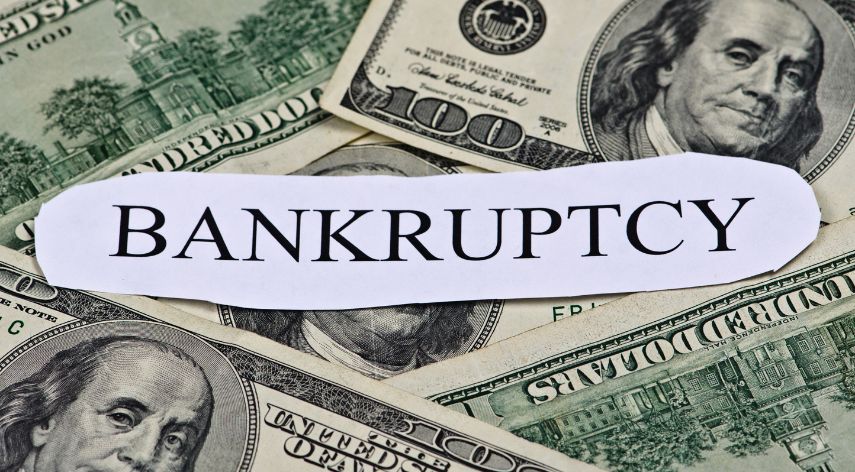What are the Do’s And Don’t’s Of Using Credit Cards?

Getting a credit card is the best option to manage your finances. It brings with it a sense of power and security. But, as the saying goes, with great power comes great responsibility. Credit cards in India come with a host of benefits that you can avail of by utilizing them responsibly.
If you miss paying your credit card bills, you will have to incur higher interest, late payment penalty, and your credit score will also fall significantly. Therefore, we have prepared some of the top Do’s and Don’ts to help you use your credit card smartly:
Table of Contents
ToggleDo’s of using a credit card
-
Make on-time repayments
Paying your credit bill on time is the most crucial thing you can do. If you pay your bills on time, you can increase your credit limit and credit score in the long run. In the eyes of your issuing bank, you are a credible and responsible borrower, due to which you may offer special rewards and benefits to avail of.
-
Ensure to check your statements every month
It is crucial to set up auto pay and use paperless billing to never miss your credit card payments. However, you must review your statements every month, even if you have set up autopay. Checking your credit card statements will help you recognize fraudulent activities, identify changes to your credit card charges, interest rate, and look for estimated interest charges on your current balance.
-
Pay more than the minimum payment
If you want to avail of the maximum benefits of credit cards in India, it is advisable to pay more than the minimum payment amount to pay off your debt. The benefit of paying off your debt faster is that you can minimize your credit card interest charges. It will also bring down the total cost of using credit cards in India.
-
Know when to avail of the interest-free facility
If you pay your credit card bills in full every month, you do not have to pay any interest charges. Paying your credit card bill before the due date is a cost-effective way to use credit. Some credit cards offer a “grace period” which extends the time limit for paying without interest charges. The grace period ranges between 10 to 20 days.
-
Make use of credit card reward programs
Credit cards in India come with reward programs, such as cashback, free gas, reward points, airline miles, fuel surcharge waiver, railway surcharge waiver, joining fee waiver, etc. Some credit cards offer a 1% fuel surcharge waiver, 3% cashback on groceries, and 2% railway surcharge waiver. You can use such rewards to significantly save money while making purchase transactions with your credit card.
Don’ts of using a credit card
-
Keep your credit utilization low
Running up your balances to the limit is extremely bad for your credit and ability to manage your debt. Credit utilization is the second most crucial factor used in credit score calculating. It would be wise to keep your credit utilization below 40% of the available credit. This way, you can also maintain a healthy credit score.
-
Don’t use your credit card as a substitute for income
Treating your credit as a substitute for income can put high financial stress on your budget. For instance, if you use your credit card to pay for your daily expenses because you do not have sufficient funds, it will only increase your minimum payment requirement. Since you can not repay your credit card bills on time, you will be charged late payment penalties.
-
Try not to miss a payment by more than 30 days
If you miss a credit card payment, make sure that the delay period does not cross 30 days. If you do not pay within 30 days of the due date, you will have to incur higher credit card charges in the form of interest. You will also have to bear penalty APR. Also, if you miss multiple payments, your repayment behaviour will be reported to the Credit Bureau by your credit card issuer. This will negatively impact your credit score.
-
Don’t opt for cash advances using your credit card
Unlike a debit card, opting for cash advances through an ATM leads to extra costs besides just credit card charges. When you withdraw money from an ATM using your credit cards in India, it means that you are borrowing against your available line of credit. Besides paying credit card charges, you will need to incur a cash advance APR. It is worth noting that the advance APR rate is much higher than the purchase APR rate.
Alfred Williams, a distinguished business writer, navigates the corporate landscape with finesse. His articles offer invaluable insights into the dynamic world of business. Alfred's expertise shines, providing readers with a trustworthy guide through the complexities of modern commerce.
Recommended For You
Spread the loveIn the ever-expanding digital landscape, online trading platforms have become a staple for savvy consumers looking to explore
Spread the loveHave you heard about fiat-to-crypto exchange? One area that continually captures the attention of both seasoned investors and
Spread the loveMuch like any skill you master, financial stability sometimes requires a bit of practice. In the world of





